The certificate of eligibility for livestock farming is one of the mandatory procedures, however, 31/47 large-scale livestock farms in Ha Tinh are still lacking this important procedure.
66% of farms lack livestock qualification certification
Article 55 of the 2028 Law on Animal Husbandry and Articles 23 and 24 of Decree 13/2020/ND-CP stipulate: Animal husbandry facilities with a scale of 300 animals or more must be granted a certificate of eligibility for animal husbandry (GCCNCN).
Ha Tinh currently has 47 livestock farms that are required to have this important document, however, to date, only 16 have been granted certificates (15 pig farms and 1 cow farm). From the above figures, it can be seen that up to 66% of livestock farms in Ha Tinh are “ignoring” the regulations.
In 2011, Nga Hai Cooperative (Xuan My Commune, Nghi Xuan) started raising pigs in association with CP Vietnam Livestock Joint Stock Company, but until now it still does not have a certificate of registration.
Unqualified livestock farms will be handled according to regulations (Article 26, Decree 14/2021/ND-CP stipulates a fine of 15 - 20 million VND for conducting livestock farming activities without a Certificate of Livestock Production). In addition, there are many other disadvantages such as: when there is an epidemic, they do not receive support and companionship from functional agencies; limitations in building brands, competing in the market, especially forming linkages and value chains in the livestock industry.
The results of the investigation by the General Statistics Office show that the proportion of livestock in Ha Tinh's agriculture currently accounts for nearly 54%. Recently, the livestock industry in Ha Tinh has developed strongly in both quantity and scale... however, the current status of livestock and solutions for developing large-scale livestock in the area still have many shortcomings and limitations. In particular, the fact that a series of facility owners are still indifferent, not aware of the importance of regulations in livestock, and openly violate the law as at present is a proof.
This is a barrier that prevents Ha Tinh's livestock industry from fully exploiting the province's potential and advantages and from creating a valuable brand.
Ha Tinh currently has 31/47 livestock facilities without a business registration certificate.
Mr. Tran Hung - Head of the Department of Animal Husbandry and Veterinary Medicine of Ha Tinh discussed: To be granted a Certificate of Business Registration, enterprises and cooperatives must meet 6 criteria: the location of the farm construction is in accordance with the provisions of law; the number of livestock units meets the requirements of local livestock density; there is enough water source to ensure livestock activities; there are environmental protection solutions according to the provisions of law; barns and livestock equipment are suitable for each type of livestock; there are records and archives of livestock activities.
Need more support for farmers
With the above regulations, the process of applying for a Certificate of Business Registration for farm owners is not simple in terms of documents and procedures.
A farm owner in Huong Khe who is investing in a livestock project in the area shared: Just completing the required reports took a whole year, not to mention the procedures for construction permits, environmental impact assessments... After nearly a year of traveling back and forth to apply for a business registration certificate, the farm owner still cannot own it because he is lacking a "Hazardous waste treatment contract" (Clause C of criterion 6: Having environmental protection solutions according to the law - PV).
Gia Phuc Agricultural Cooperative (Son Loc commune, Can Loc) is a unit that has been granted a Certificate of Business Registration.
Regarding the story of applying for a GCNCN, Mr. Le Van Hai - Director of Gia Phuc Agricultural Cooperative (Son Loc commune, Can Loc) shared: To own the above paper, it is necessary to carry out many stages, documents, and reports of all kinds. Especially procedures related to environmental impacts, data recording the livestock farming process for at least 1 year after the end of the livestock farming cycle, land records, farm construction location in accordance with the provisions of law, planning of the province... It is worth mentioning that each type of document is managed by a different agency, so it takes a lot of time.
“The documents are complicated and take many months to complete, so many livestock farms in Ha Tinh are very “afraid” to mention this issue. Perhaps that is why they have to accept the risks, even violating regulations in the process of developing livestock farming," Mr. Hai added.
On average, each year Nga Hai Livestock Cooperative sells 2,500 - 3,000 commercial pigs.
Mr. Le Van Binh - Director of Nga Hai Agricultural Cooperative (Xuan My Commune, Nghi Xuan) - who is on the journey to apply for a Certificate of Business Registration, said: Since 2011, the Cooperative has been raising pigs in association with CP Vietnam Livestock Joint Stock Company. On average, each year the Cooperative sells 2,500 - 3,000 commercial pigs. Although it has gone through the procedures to apply for a Certificate of Business Registration many times, up to now, the Cooperative has not been able to obtain this mandatory document because it lacks a decision approving the investment policy to assess the environmental impact.
“To be granted a certificate, many documents and reports of all kinds must be completed at the same time. Without support and facilitation from all levels and sectors, it will be difficult to complete. Therefore, for some difficult criteria, cooperatives need support, even “hand-holding” and specific guidance from management agencies to ensure that the documents comply with the requirements of the law,” Mr. Binh suggested.
Certainly, in the future, there will be many more enterprises and cooperatives that need to apply for a Certificate of Business Registration. The stories shared from the actual process of applying for a Certificate of Business Registration show that the establishments are in dire need of the support and participation of authorities at all levels.
In addition to accompanying livestock farms, management agencies also need to promote propaganda and dissemination of knowledge, especially on the development and safe and sustainable livestock business. At the same time, strictly handle businesses and farms that are violating regulations. Resolutely resolving these problems, we believe that Ha Tinh's livestock industry will develop more effectively and sustainably in the future.
Ngoc Ha
Source


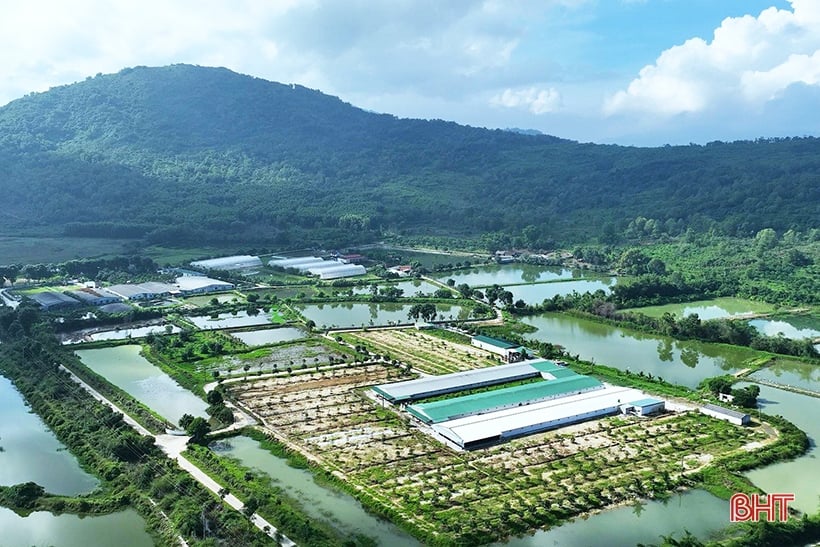
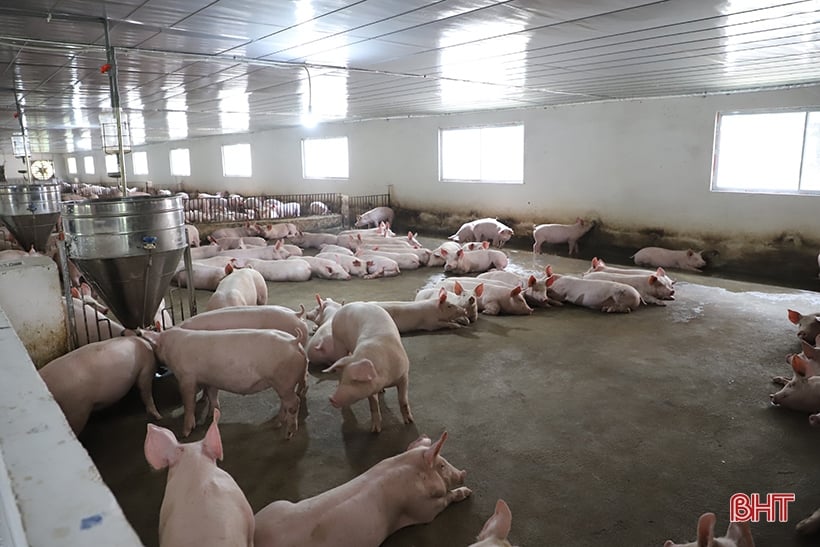
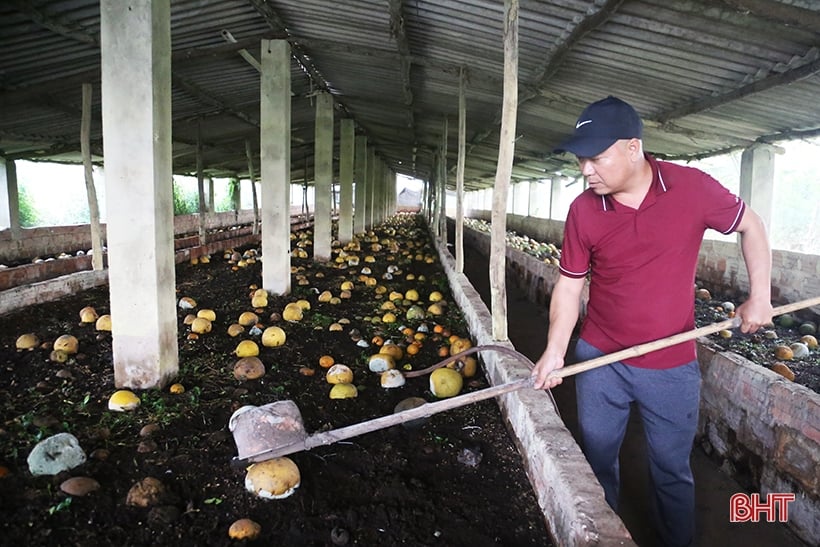

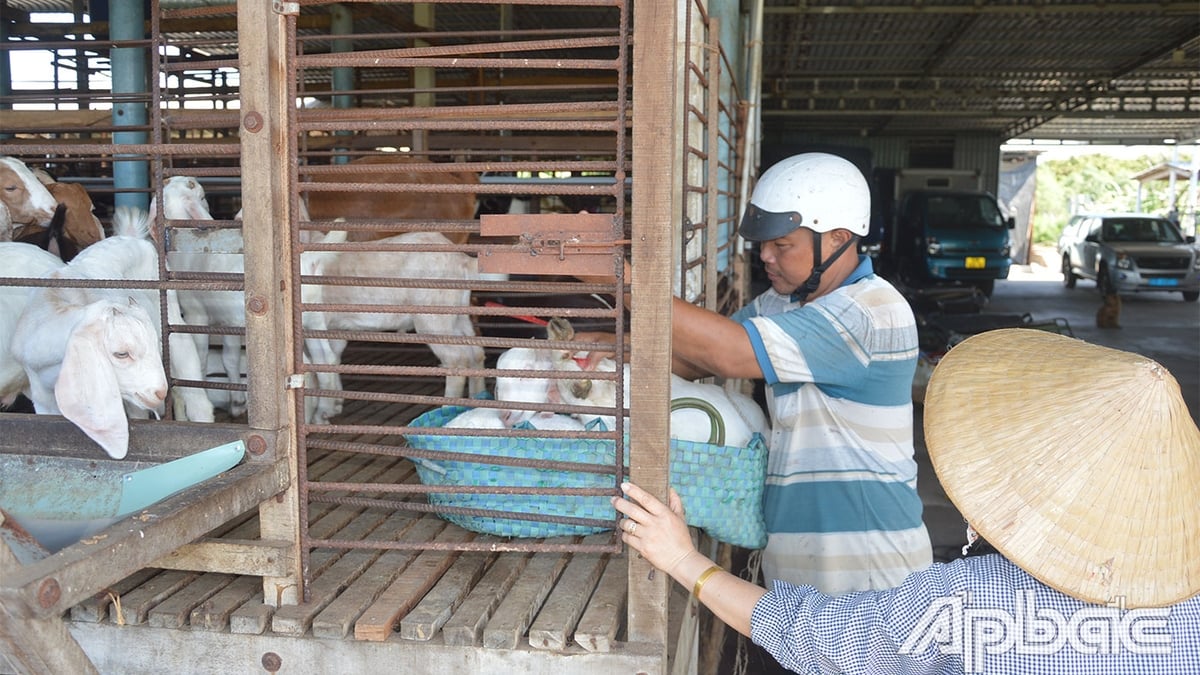





![[Infographic] Information on the capsized tourist boat carrying 48 passengers and 5 crew members in Ha Long Bay](https://vphoto.vietnam.vn/thumb/1200x675/vietnam/resource/IMAGE/2025/7/19/675795afcd3e4a179b25edc2d7a57f9e)
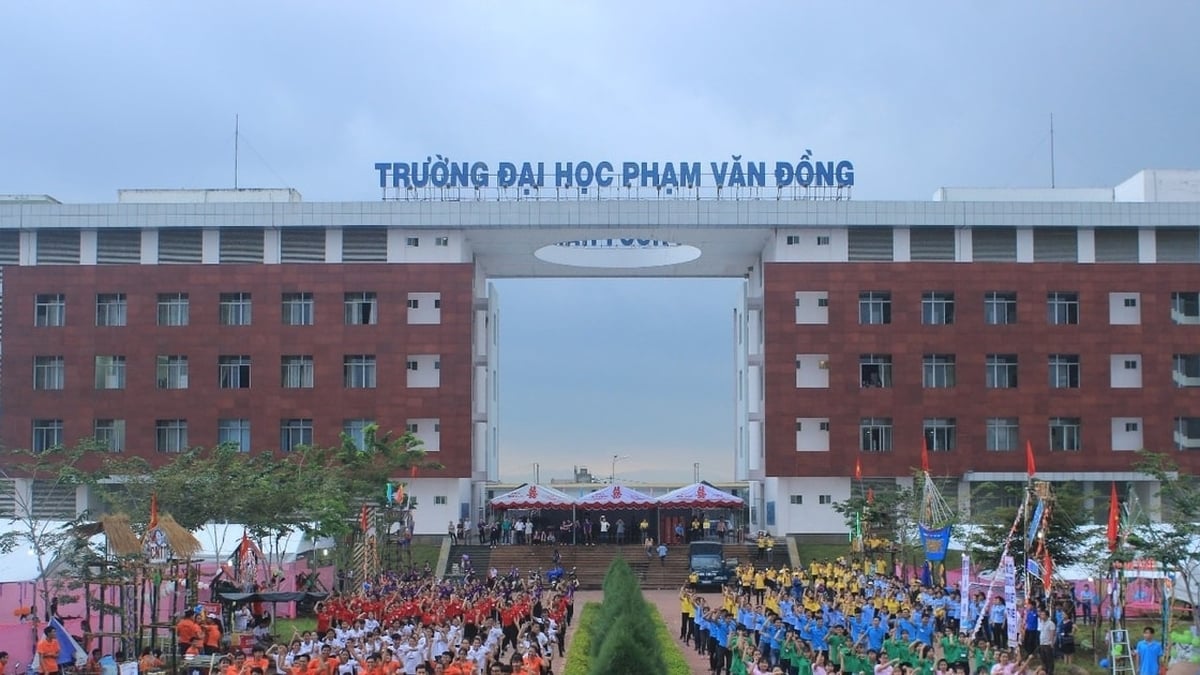
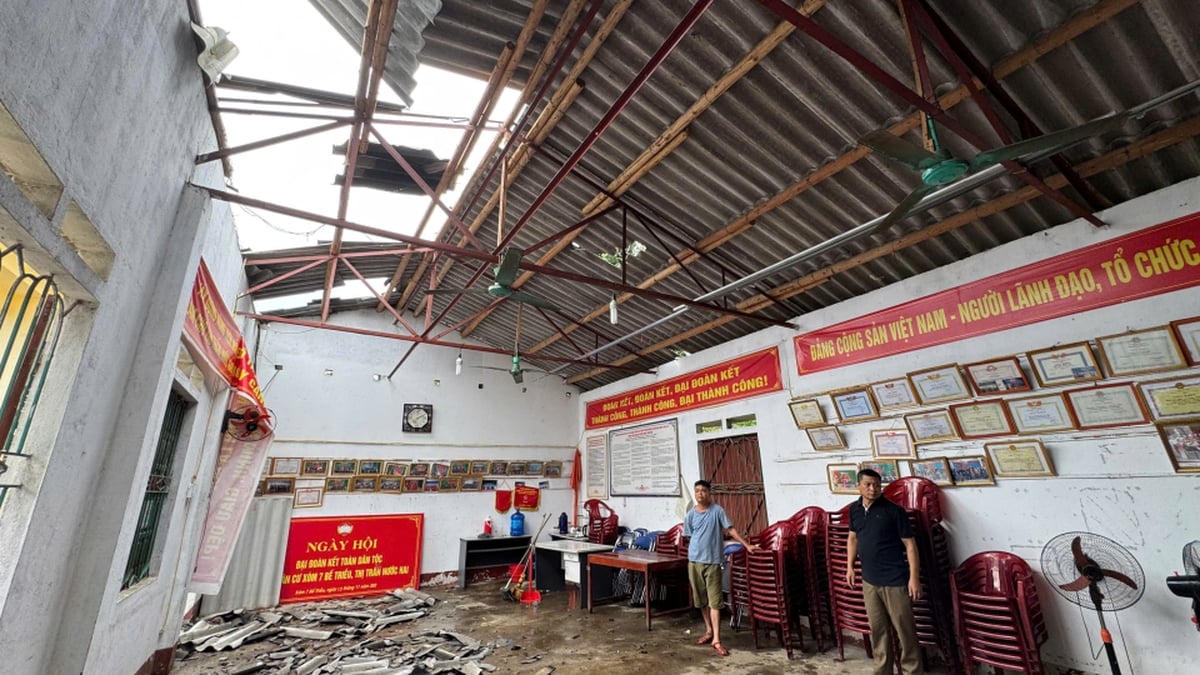






















































































Comment (0)